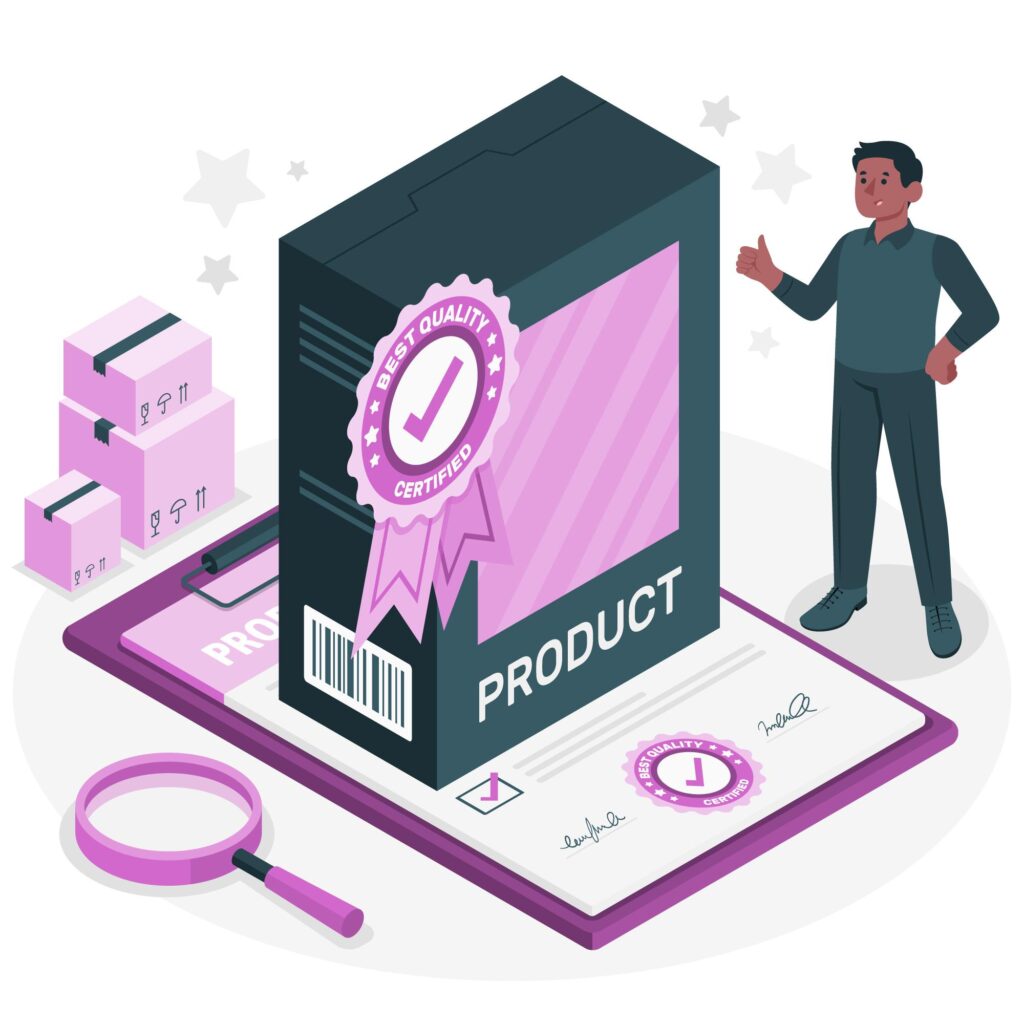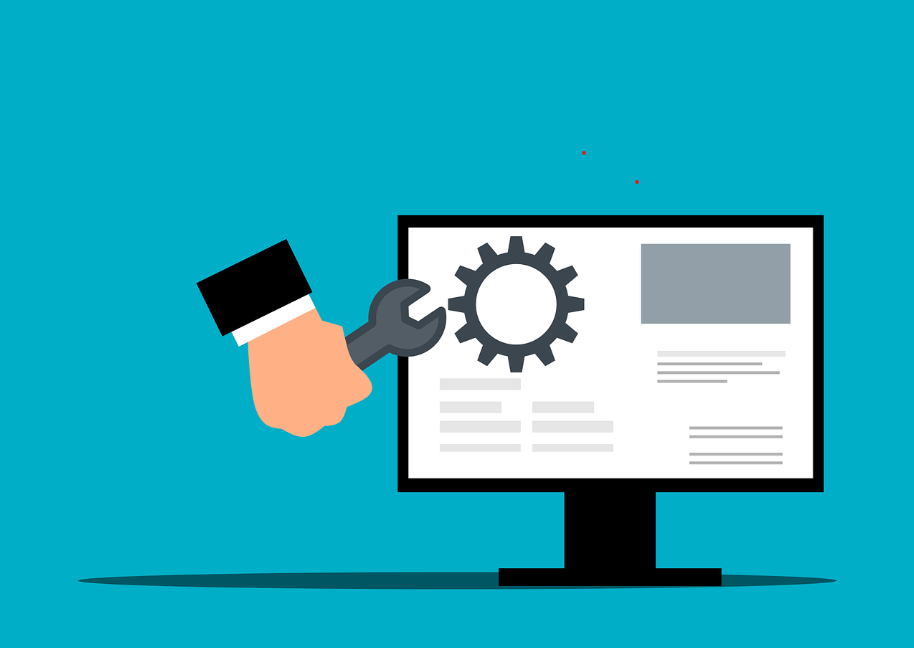Why You Should Hire a Web Development Company
Benefits of prioritizing a web development company to aid your business - particularly startups searching for tangible market shareholdings.
For every software project, there are specific roles that are vital and non-negotiable. These roles contribute immensely to the project's success and ensure that it attains the highest quality possible. Of course, software development roles fall within this category. However, apart from the roles that will contribute technical expertise to the project, management and leadership roles are equally vital to the success of a software project.
Software developers need to be in constant communication with a specific person who functions as a point of reference for the project's goals. More importantly, every project's technical team needs to be effectively managed. This will ensure that all deliverables are promptly provided. All these roles are executed by the product owner.

More companies increasingly recognize the significance of the product owner's role in the project. According to reports, there are currently over 6000 product owners employed in the United States of America alone. However, you may be unable to effectively utilize a product owner for your project if you do not fully understand their responsibilities.
Put simply, the product owner holds a central position in a software development team. The product owner's primary objective is to ensure that the product delivers maximum quality and value to end users. This objective is primarily achieved through the effective management of cross-functional teams.
The role of a product owner started gaining traction only recently. It originated under the Scrum agile framework, a software development methodology that defines roles for efficient project delivery. However, it is essential to note that a product manager is not synonymous with a product owner. The functions executed by both roles are significantly different. While a product manager primarily undertakes a strategic role by drawing out the roadmap to manage a product throughout its lifecycle. On the flip side, the product owner's role is entirely tactical. The product owner oversees the product development process to ensure that user stories are properly interpreted, and the project is promptly delivered. However, the roles of product manager and product owner can be combined in some companies. In this case, the product manager will be responsible for managing the product and actively monitoring its development process.
Unlike the name suggests, the product owner does not "own" the product. Instead, the product owner's functions include the following:
One of the most critical functions of the product owner is generating user stories from user trends. User stories are descriptions of product features from the perspective of the end user. Such stories highlight specific functionalities and their purpose for the users. The product owner collaborates with the product manager to analyze user behavior and create user stories. These user stories are subsequently drafted into tasks to be executed by the development team.
After the user stories are defined, tasks need to be divided into sprints for execution. This task division, coupled with specific deadlines for execution, makes up the product backlog. It is the product owner's responsibility to divide tasks among development team members. The product owner also determines how the task are prioritized while monitoring progress on execution. The product owner's oversight function ensures that assignments are delivered on time.
As stated earlier, the product manager's primary function is to develop strategic measures to manage the product and deliver value to the users. As a result, product managers often have a specific vision for the product. Product owners are responsible for communicating this vision to the members of the development team. They interpret the user stories and clearly communicate expectations to the development team. As stated earlier, developers need a point of reference that will ensure that all deliverables align with the vision for the product. The product owner is this point of reference.
Product development projects often require numerous teams working together to deliver a high-quality product. These cross-functional teams need some form of synergy. The product owner achieves this synergy by directly managing the cross-functional teams and liaising with each team to ensure that collaboration occurs smoothly. Product owners require strong communication and analytical skills. More importantly, a product owner must have some form of product development and software development experience. Project management capabilities are also vital, given that product owners primarily oversee project progress.
The benefits of having a project owner on your project are numerous. With a product owner, you can ensure effective cross-functional collaboration. A product owner also increases your chances of building a customer-centered product and achieving your product goals. However, a product owner might not be suitable for all projects. To determine whether your company needs a product owner, you need to consider certain factors. As stated earlier, a product owner's functions can be executed by the project manager. While this is not necessarily advisable because the project manager might be overstretched, small companies seeking to cut costs can choose to adopt this role combination. However, a product owner would be vital if you intend to undertake a large-scale or high-risk project. This is because cross-functional team management and progress oversight are critical on such projects. Conclusion

If you intend to engage the services of a product owner, it is crucial to clearly define the product owner's roles. The job description of a product owner often differs from company to company. For instance, in a company where a product manager exists, the product owner's roles need to be clearly defined to avoid clashes.
Benefits of prioritizing a web development company to aid your business - particularly startups searching for tangible market shareholdings.
Risk is undoubtedly a crucial part of any business. You might need to undertake some risks to get ahead of the competition. Most companies have an
As businesses seek to expand their operations, the need to scale software development, develop software in Poland and cut costs will become even more prominent.
REQUEST PROFILE